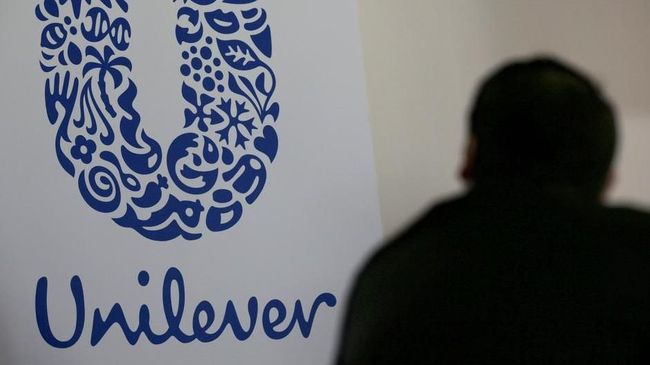LONDON —
This year’s celebrations marking Queen Elizabeth’s seven-decade reign will mask a less happy reality for the world’s top royal family: the British monarchy is being challenged in ways unthinkable in recent years.
Since the US sexual abuse court case faced by one of his sons, the prince andrew, until accusations of racism from his grandson, Prince Harry and his wife in the royal household, rarely has the family of Elizabeth, 95, who became queen on February 6, 1952, faced such scrutiny and damaging headlines.
Such is the deep respect for the queen, that as long as she lives, the nearly 1,000-year-old institution seems secure. What comes after is less certain.
“The monarchy and the queen are synonymous for most people,” he told Reuters Graham Smith, executive director of the anti-monarchist group Republic, who has stepped up his campaign.
“Once we’re past the end of the queen’s reign, all bets are off as to where public opinion will go.”
He said that while it would only take an act of parliament to end the monarchy, it was very likely that a referendum would have to be held first.
The fortunes of the monarchy have been up and down since the conquest of England by their ancestor, the Norman King William I, in 1066, but only in the decade following the reign of King Charles I in 1649 has Britain been a republic. .
During Elizabeth’s reign, financial lows came in the 1990s amid failed marriages for three of her children and the 1997 death of Princess Diana, first wife of heir apparent Prince Charles.
The highs include public outpouring of support at previous jubilees, the 2011 royal marriage of Elizabeth’s grandson and future king, Prince William, and the birth of royal children.
Buckingham Palace said the four days of celebrations in June to mark Elizabeth’s jubilee will allow “national moments of reflection on the queen’s 70 years of service”.
A spokesman declined to comment on questions about the long-term future of the monarchy.
Also read: Buckingham Palace investigates allegations of alleged abuse by Meghan Markle
Real extinction?
Supporters see the queen as a stabilizing factor and cite the economic benefits the monarchy brings to Britain through tourism. Opponents argue that the institution is a bastion of unearned privilege, partially funded by taxpayers and undermined by the behavior of some members.
Andrés, 61, considered by the media to be Elizabeth’s favorite among her four sons, was stripped of his royal patronages and military titles this month as he fights sexual abuse allegations in a US lawsuit.
“For the monarchy it’s an extinction-level event. You can’t spend a thousand years telling everyone you’re special and then everyone finds out, in real time, in a court case, that you really aren’t,” wrote columnist Camilla Long, In the diary Sunday Times.
Meanwhile, Prince Harry, once the most popular member of the Windsors, and his American wife Meghan have given up their royal duties to move to Los Angeles from where they have launched some scathing attacks on the family and Buckingham Palace.
Charles has come under scrutiny after Michael Fawcett, his right-hand man and close confidant for decades, resigned from his job heading one of the heir’s main charities amid allegations he had offered honors in return for donations.
Fawcett has not commented publicly on the allegations.
“If (these scandals) are enough in themselves to make enough people in Britain think that we shouldn’t have a monarchy as a result, I would doubt it,” said royal biographer Penny Junor.
What do the polls say?
Polls suggest a comfortable majority believe the monarchy should remain, with 83% having a positive view of Elizabeth, according to a December poll. But there are worrying signs for the royals.
Charles is far less popular and support among the young appears to be waning, with polls suggesting a majority under 30 favor ditching the monarchy.
“I don’t think it matters much anymore,” said student Margaux Butler, 20, in Windsor, where the queen now spends most of her time.
“I despise that idea (of Charles being king). I don’t care about the royal family in general, but I think it’s a bit controversial and I think a lot of young people feel the same way.”
However, ending the monarchy will require more than apathy towards Charles or damning tabloid headlines about Andrew or Harry. In fact, those same newspapers now rarely carry negative articles about Carlos, his wife Camilla, Guillermo and his wife Kate, who suffered intense criticism in the past.
Connect with the Voice of America! Subscribe to our channel YouTube and turn on notifications, or follow us on social media: Facebook, Twitter e Instagram.
–

